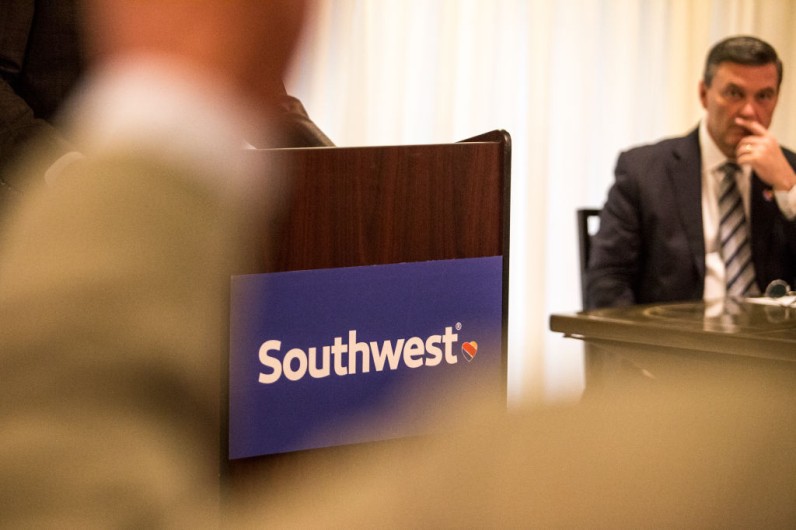
Southwest Airlines has implemented a "poison pill" defense strategy to counter activist investor Elliott Investment Management's call for leadership changes. Reuters has learned that this decision comes after Elliott, which recently acquired a nearly $2 billion stake in the airline, demanded major changes in leadership due to Southwest's underwhelming performance.
The airline's Executive Chair, Gary Kelly, emphasized that the company had engaged constructively with Elliott and is open to ideas for creating lasting value.
However, the board felt it necessary to adopt the poison pill strategy to prevent Elliott from increasing its current 11% stake in the company.
Southwest Airlines' Poison Pill Strategy
The poison pill tactic, commonly used to block hostile takeover attempts, involves issuing one right for each share of common stock. These rights will trade with the common stock and become exercisable if any person or group acquires 12.5% or more of the company's shares.
By adopting this, Southwest Airlines allows existing shareholders to purchase additional shares at a substantial discount. This dilutes the value of the shares acquired by the hostile party and makes it harder for them to gain control of the company.
Elliott's demand for new leadership stems from Southwest's recent disappointing financial results, partly attributed to delays in plane supplies from Boeing, per VCPost. At the same time, the airline has been reporting ongoing struggles with pricing and accurately predicting travel demand in its second quarter. This is coupled with its shares declining by nearly 22% over the past year, drawing further criticism from the activist investor.
Elliott Investment Management has yet to provide a statement on Southwest's poison pill defense.







Join the Conversation